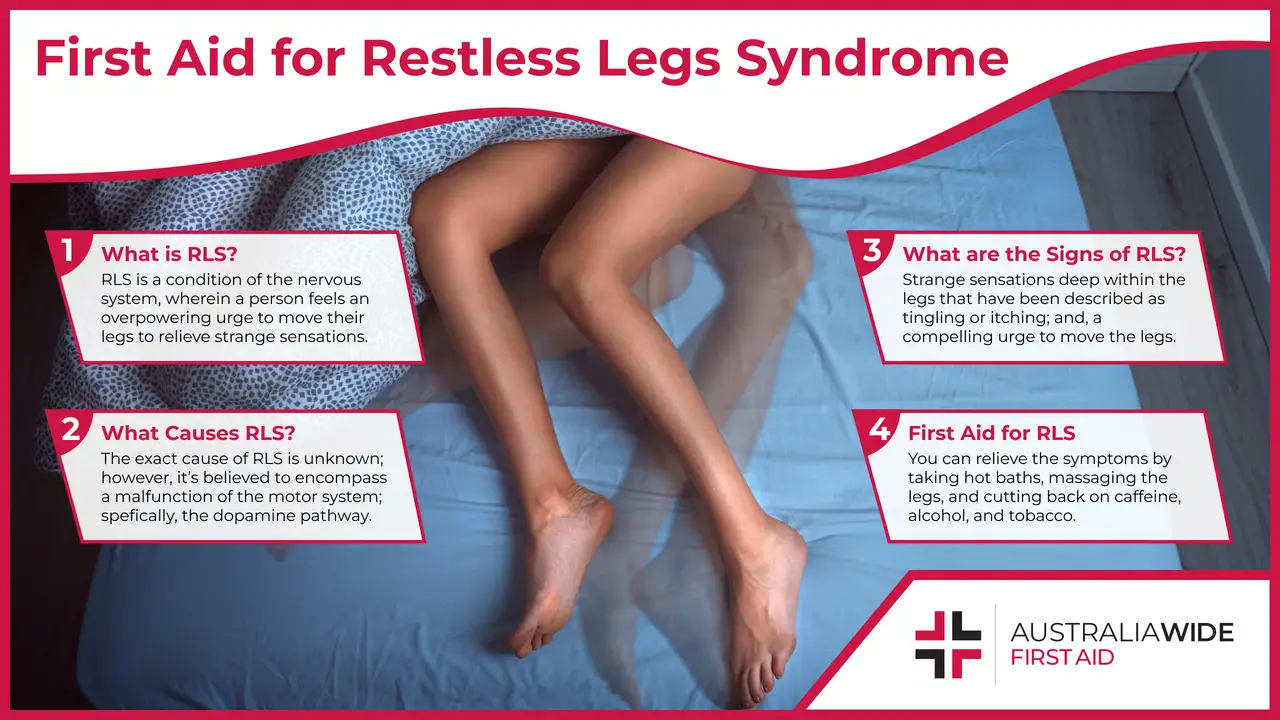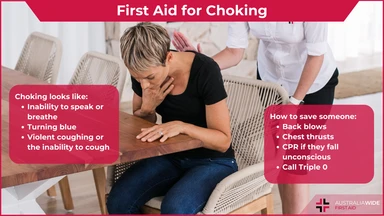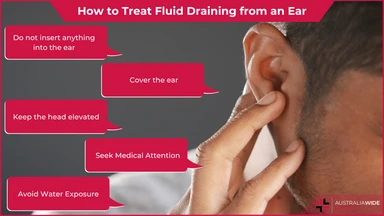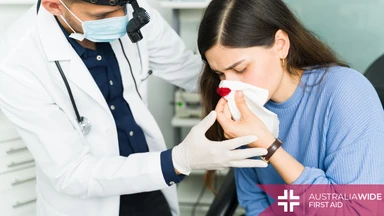First Aid for Restless Legs Syndrome


Restless Legs Syndrome (RLS), otherwise known as Willis-Ekbom disease, is a condition of the nervous system.
People suffering from RLS experience an overpowering urge to move their legs to relieve uncomfortable sensations.
RLS is considered a sleep disorder, as it typically occurs in the evening when a person is sitting or lying down.
It is important to know first aid for RLS, as it can cause sleep deprivation and impair your function at work and home.
The exact cause of RLS is not known, though it is thought to encompass some type of malfunction of the motor system; specifically, the dopamine pathway, which sends messages to control muscle movement.
RLS has also been tied to other factors and health conditions:
The signs and symptoms of RLS can range from mild to intolerable, and they include:
You can generally relieve the symptoms of RLS by standing up, walking around, or doing any other type of exercise that involves the legs.
Episodes of RLS can vary in frequency and intensity, though they generally occur and are worse in the evening and at night.
Though they can also develop at any time, they are more common with increasing age and among women.
Before starting any treatments, you should first consult your doctor for a formal diagnosis.
They may have to conduct specialist tests to confirm the cause of your RLS, and to prescribe medication.
In the first instance, your doctor may suggest some home remedies that can help control symptoms and allow you to get a good night’s sleep, as there is no cure for RLS:
For more information about the causes, symptoms, and treatments for RLS, watch the video below:
Do you want to develop the confidence and skills to provide effective first aid when people are experiencing health emergencies? Book a first aid course with Australia Wide First Aid.
The following first aid courses may be pertinent to you:
Disclaimer: This article is for informational purposes only. It does not constitute, replace, or qualify as any form of first aid training.

October 13, 2023
Choking occurs when an object or a piece of food becomes lodged in the throat, blocking the airway. The adult or child will have difficulty breathing, and may lose consciousness. Quick and effective action is essential to prevent severe consequences and death.

September 22, 2023
Knowing how to provide first aid for fluid draining from an ear is crucial to alleviate discomfort and potentially prevent complications.

July 31, 2023
This article covers treatment/first aid for nose bleeds, and also covers all of the common misconceptions and myths about treating a bleeding nose.